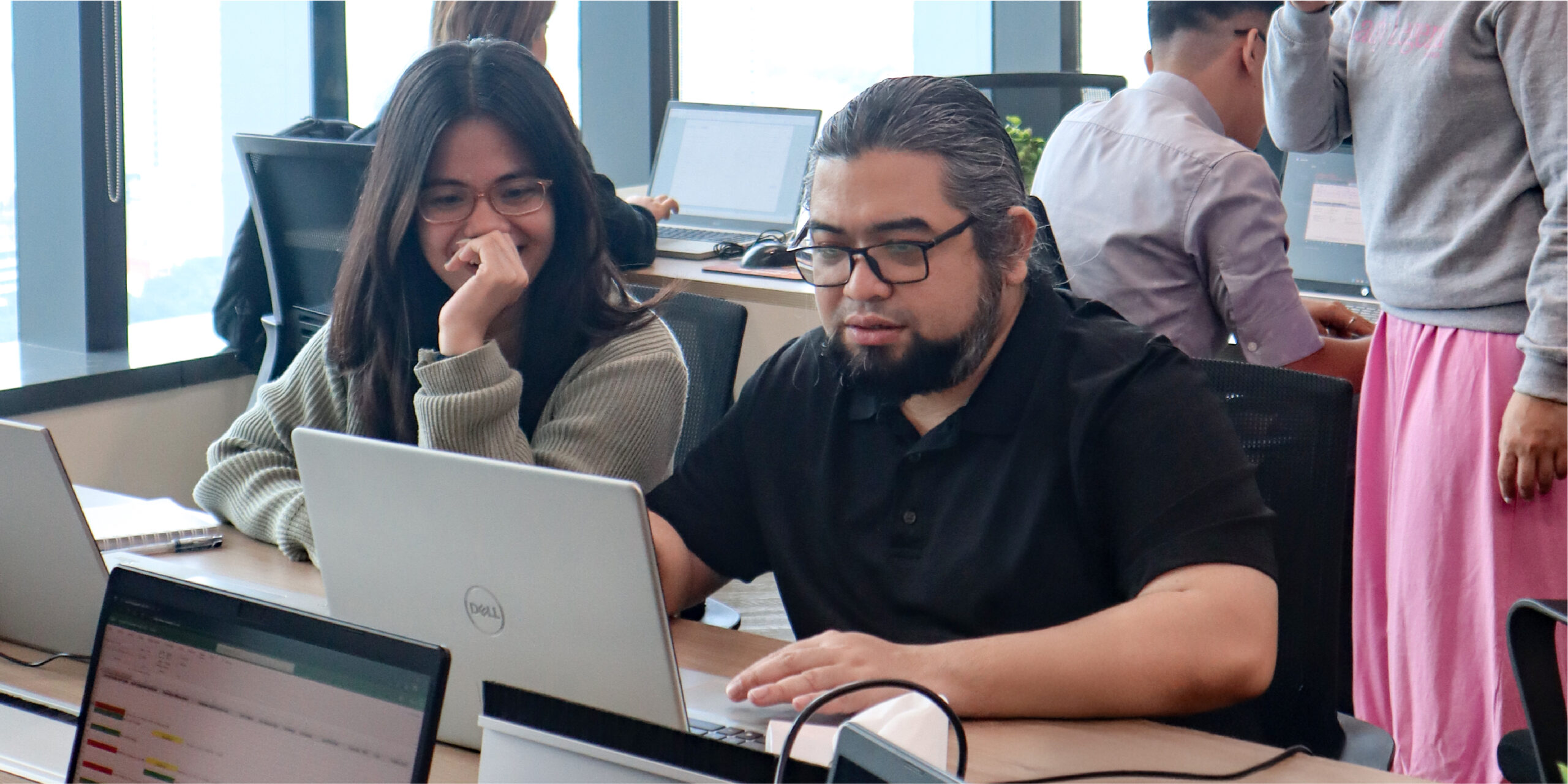The recent suspension of two Cebu-based BPO firms by the Philippine Department of Labor and Employment (DOLE) has reignited an important conversation about what it truly means to keep employees safe. Following a 6.9-magnitude earthquake that disrupted operations, DOLE inspectors found that the affected companies lacked a proper disaster preparedness plan, which violates occupational safety laws.
While many viewed the news as a compliance wake-up call, labor experts see a deeper shift. Remote work is fast becoming a legal and ethical safety measure.
When disaster strikes, safety duties become even more critic
Reinaur Aluning, co-founder of Powerhouse Legal, explained in a recent interview with Human Resources Director that an employer’s obligations under the Occupational Safety and Health (OSH) Standards do not stop during emergencies. In fact, they become even more important.
“That case really highlights how an employer’s duty to protect workers does not stop when a storm hits or power goes out. It actually becomes more critical,” Aluning said.
For 24/7 industries like BPOs, which employ millions of Filipinos, the lesson is clear. Safety planning should be part of daily operations, not something added later.
Under the OSH Law, companies must already have an emergency and disaster preparedness program in place. Without it, they are technically noncompliant long before a disaster even happens.
“Business continuity cannot come at the expense of basic human safety,” Aluning added.
Remote work as a compliance and continuity strategy
As DOLE encouraged flexible work arrangements during the Cebu firms’ suspension, Aluning emphasized that remote work directly supports legal compliance and not just convenience.
“Remote work can actually enhance compliance,” she said. “If we allow people to work safely from home during a disaster or pandemic, you are preventing exposure to risks that fall under OSH, such as unsafe travel or poor air quality.”
The Telecommuting Law (Republic Act No. 11165) already provides a legal foundation for flexible arrangements, ensuring that remote workers receive equal rights and benefits. But Aluning advises companies to go further by including telecommuting and force majeure clauses in their policies and contracts.
These provisions ensure that when disasters happen, employers can legally activate remote work and protect both their people and their business from operational or legal risks.
“Employers who wait until disaster strikes find themselves without clear legal frameworks to support rapid transitions,” she warned.
Redefining resilience in outsourcing
For the global outsourcing industry, the Cebu case is not only a compliance reminder but also a glimpse into the future of work.
As natural disasters and public health crises continue to disrupt operations, remote work is evolving from a flexible benefit into a cornerstone of compliance and business continuity.
The next competitive advantage in outsourcing will no longer be defined solely by cost or speed. It will be measured by how responsibly and safely a company can keep operations running during a crisis.
That means formalizing remote-ready systems, strengthening disaster preparedness plans, and investing in compliant technologies and policies that protect people as much as profits.
At its heart, compliance is not just about following the law. It is about caring for the people who keep businesses moving forward.
How Filta helps global teams stay compliant, safe, and connected
At Filta, we help businesses build global teams that are not only high-performing but also legally compliant and disaster-resilient. From creating remote-ready frameworks to managing international employment contracts, we ensure your people are protected and your operations remain stable in any situation.
Our goal is to help you grow responsibly while keeping your team’s safety and well-being front and center.
Key takeaway:
Remote work is a compliance advantage. It strengthens safety, continuity, and care for employees.
Companies that treat remote work as part of their safety and compliance strategy will not just stay operational. They will lead responsibly and set the new standard for resilience.
To learn more about how Filta can help your business stay compliant and remote-ready, head to filtaglobal.com or book a free consultation at bit.ly/TalkToFilta.





